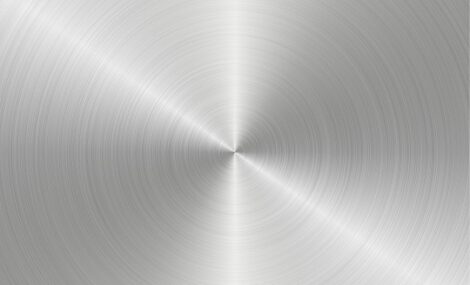
“Roughness is the property of a body surface consisting of intrinsic geometric micro-imperfections or resulting from mechanical processing”. This is the definition of the word “roughness”, a term that occurs frequently in the world of surface finishing.
Roughness is detected trough instruments called “Roughness Meters” that measure the “crests” and “valleys” on the surface, that is the irregularities that are found after processing.
There are several roughness parameters. The most used is the Roughness Average (Ra). Expressed in microns, it is the average value that results from the detected roughness series, summarizing the roughness level of an entire analyzed surface.
The factors to consider when determining the degree of roughness of a surface
When the degree of the desired roughness is established, several factors need to be considered. First of all, the function of the work piece being worked on, what it will be used for and under which condition, in addition to its aesthetic value. In fact, if the degree of roughness is different, the resistance to corrosion elements (for example moisture, chemical agents), friction, load, stress and general wear will be different too.
Sometimes too much roughness can be excessive and generates functionality and maintenance problems of the work-piece. Let’s think for example of cleaning operations of product residues, deposited in the surface grooves. In fact, in the food, chemical and pharmaceutical industries, super-finishing and polishing are common practice and roughness is reduced to a minimum level.
The degree of roughness will vary according to multiple factors, including:
- type of the processed material and its “softness”
- abrasive grit (the coarser the grit, the more rough the product will be)
- type of abrasive used
Cta Calflex uses a wide range of abrasives for its products, allowing customers to choose the most suitable one for their manufacturing operations, according to a pre-established roughness degree. We are talking about Aluminum Oxide, Zirconium, Ceramicate, Trizact™, Cork and Silicon Carbide, a complete range of abrasives that goes from fast manufacturing processes at specific degrees of roughness up to mirror polishing.
Take a look at Cta Calflex online catalogue to know more about the abrasives we use to build up our products.
Any doubts or curiosities? Call us or write to marketing@ctacalflex.it
